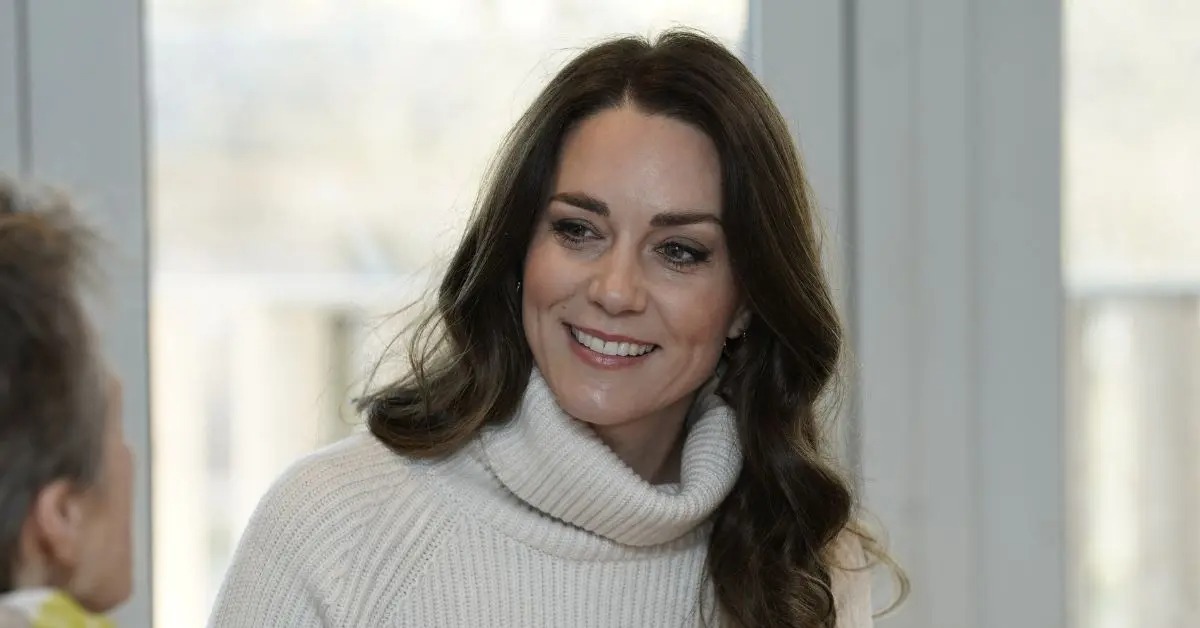The proliferation of conspiracy theories surrounding the health and whereabouts of Catherine, the Princess of Wales, has reached new heights with the emergence of a video allegedly showing her at a farm shop. While the footage appears innocuous, it has become fodder for speculation and misinformation on social media platforms.
Initially published by The Sun newspaper, the video depicts Catherine and her husband, Prince William, during a visit to a grocery store near their Windsor residence.
Despite the mundane nature of the clip, amateur sleuths on social media have seized upon it to promote the unfounded theory that a professional impersonator was posing as the princess.

Kate Middleton (Credits: WIRED)
This baseless conjecture, fueled by the vacuum of information surrounding Catherine’s recent absence from public life due to abdominal surgery, underscores the perils of misinformation in the digital age.
While Kensington Palace has assured the princess of her recovery and imminent return to public duties, the void of official updates has allowed false narratives to flourish.
The phenomenon of conspiracy theories gaining traction on social media is not new, but it highlights the challenges of navigating an online landscape where sensationalism often outweighs truth.
The body-double theory, in particular, has gained significant traction, with millions of views and shares across platforms like TikTok and X, formerly Twitter.

Kate Middleton (Credits: The Hollywood Reporter)
Despite the lack of credible evidence to support these claims, social media algorithms have amplified the spread of misinformation, leading to widespread confusion and distrust.
Users, emboldened by the anonymity and reach of online platforms, perpetuate these theories without regard for their potential impact on individuals or society as a whole. While platforms like TikTok and X have policies addressing misleading content, enforcement remains a challenge.
The rapid dissemination of conspiracy theories underscores the need for greater scrutiny and accountability in online discourse, as well as a concerted effort to promote media literacy and critical thinking among users.
False narratives will continue to proliferate without clear guidelines and robust enforcement mechanisms, sowing discord and undermining public trust. It is incumbent upon both social media companies and users alike to combat misinformation and uphold the integrity of online discourse.























